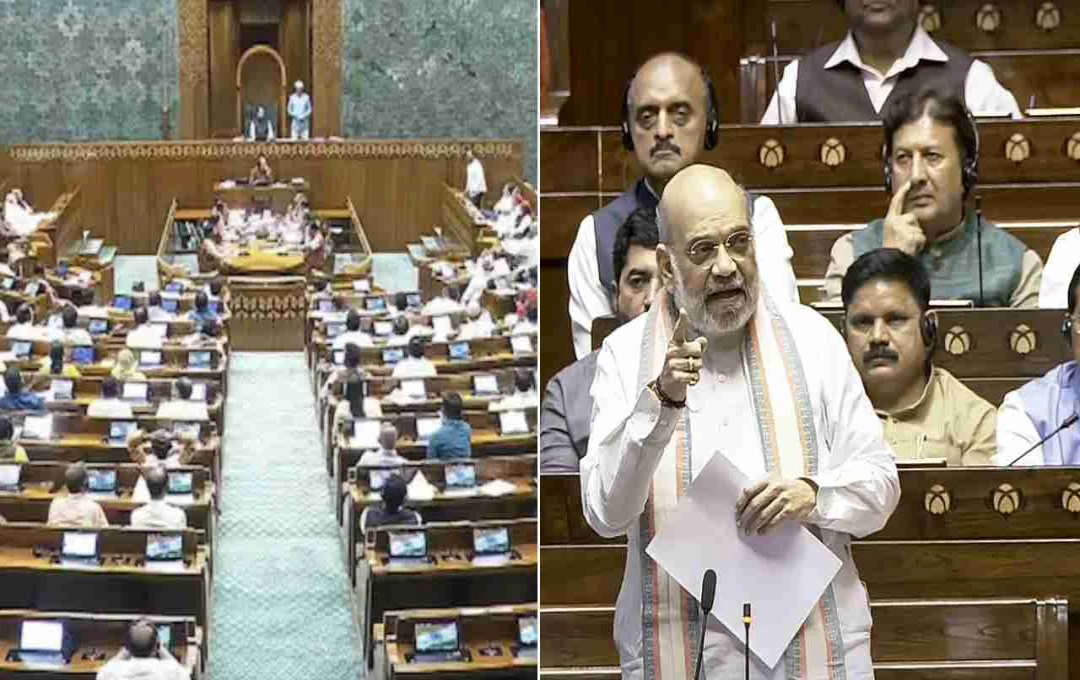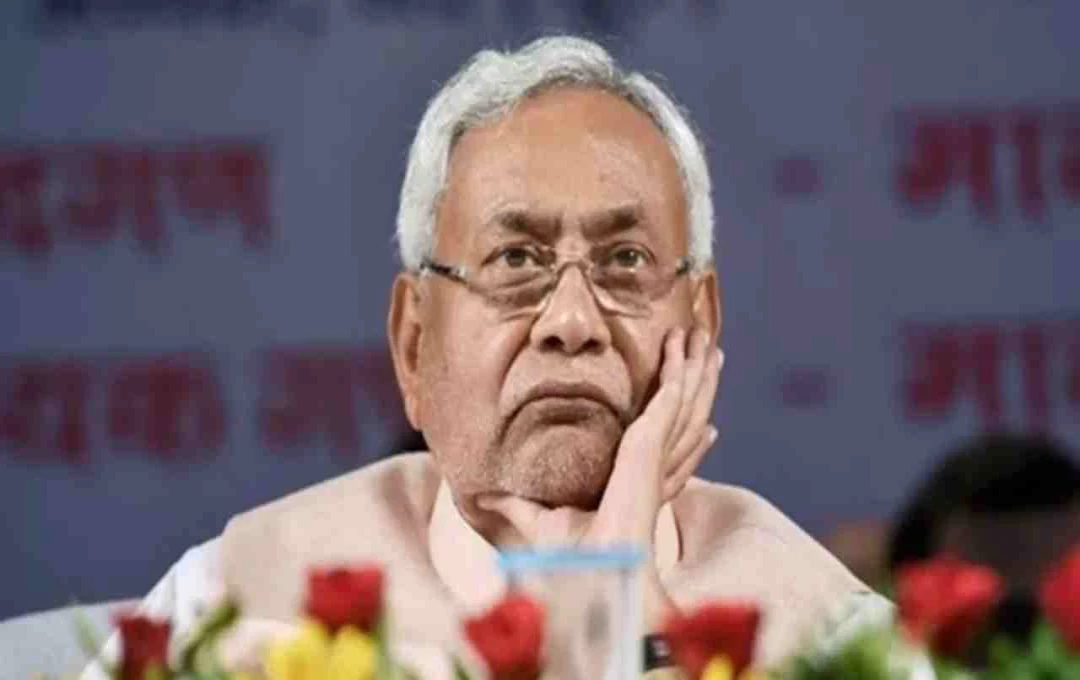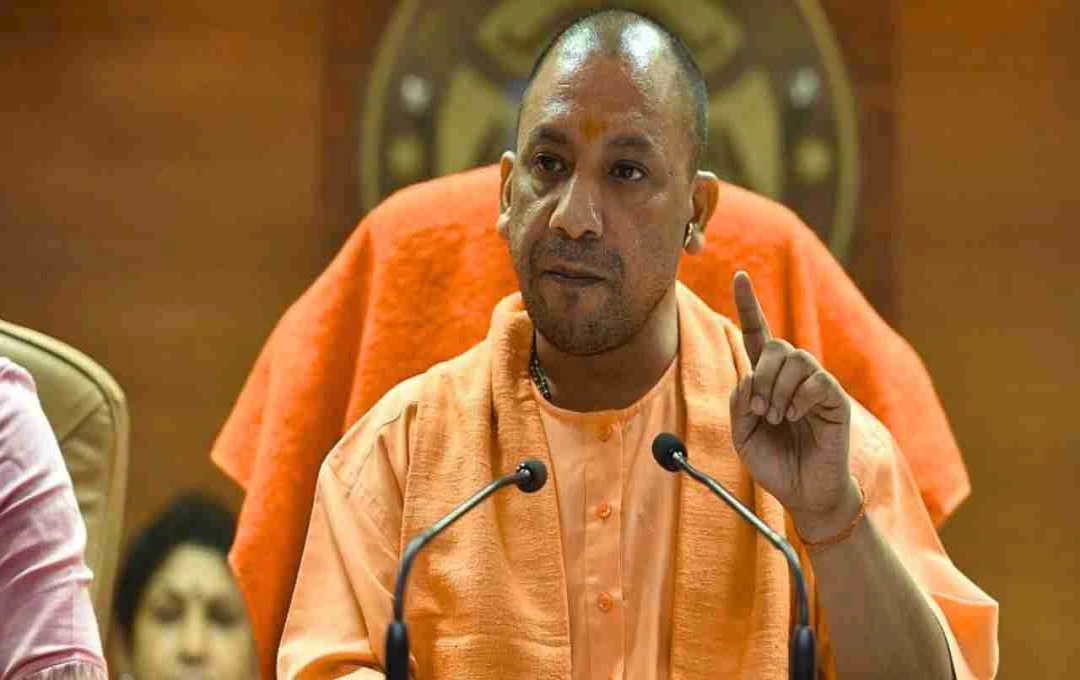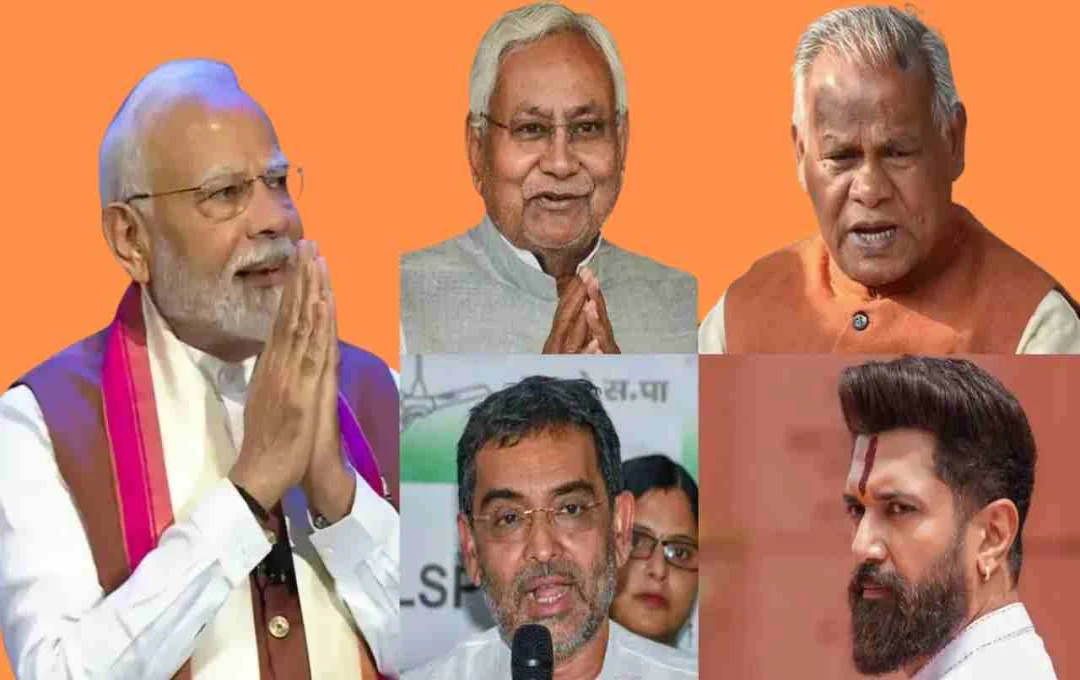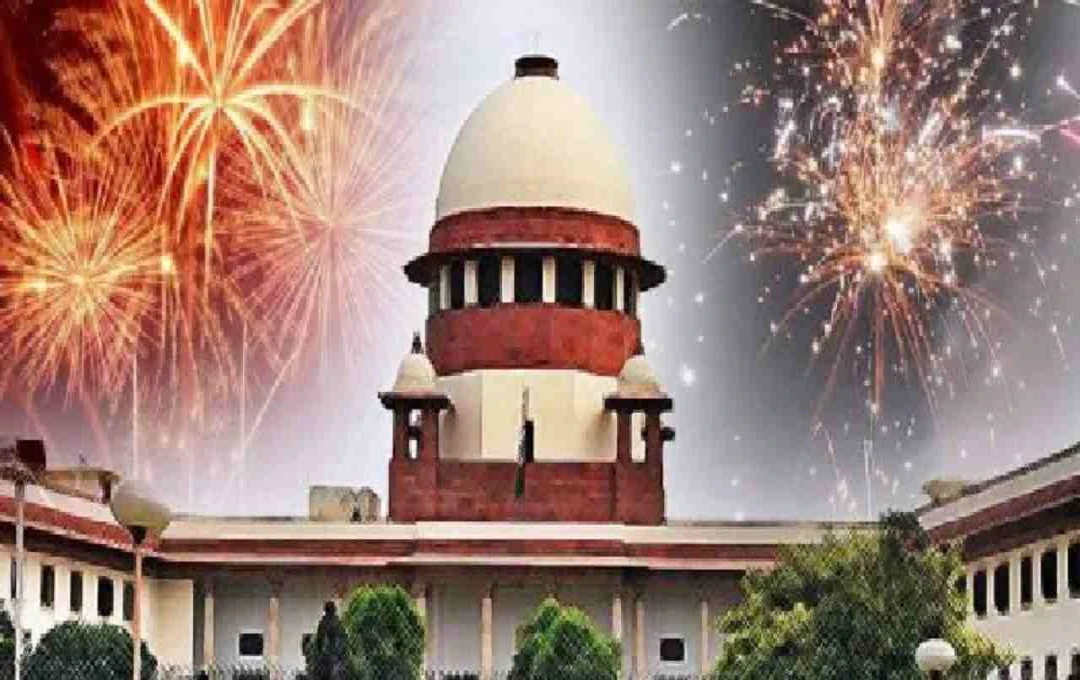The 130th Constitutional Amendment Bill introduced in the Lok Sabha marks a new chapter in politics. According to the bill, the PM, ministers, and CM will be removed from office in case of arrest. This rule will also apply to ministers of Union Territories.
Amendment Bill 2025: A very significant step related to politics was taken in the Lok Sabha on Wednesday. Home Minister Amit Shah introduced the 130th Constitutional Amendment Bill 2025 in Parliament. According to this bill, if the Prime Minister, Union Minister or State Minister is arrested in a criminal case, they will have to resign from their post immediately. The government believes that this step will strengthen transparency and accountability in politics.
Chief Ministers and Ministers of Union Territories will also be included
The scope of this bill is not limited to the Prime Minister and Union Ministers only. Under this, the same rule will apply to the Chief Ministers and ministers of the states. Even the Chief Ministers and ministers of the Union Territories will not be able to remain in office in case of arrest. The direct purpose of this provision is that no leader can use their position to influence the investigation.
Importance of the Bill
Until now, there was no legal provision in India under which a minister or chief minister was obliged to leave office after arrest. There have been many instances when leaders had to go to jail but they maintained their grip on power. This situation has raised questions at both political and ethical levels. The 130th Constitutional Amendment Bill is considered a major step in the direction of removing this shortcoming.
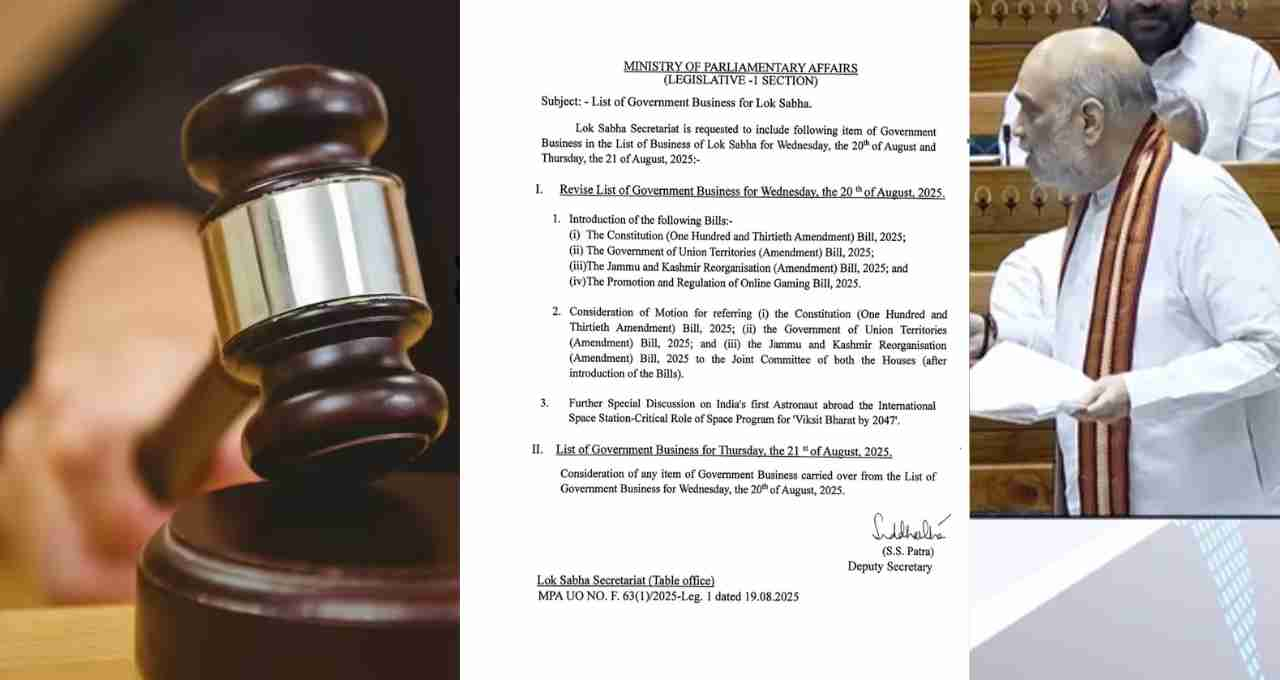
Which other bills were introduced in Parliament?
Several important bills were introduced in the current session of Parliament. These include the 130th Constitutional Amendment Bill 2025, the Union Territories Amendment Bill 2025, the Jammu and Kashmir Reorganization Amendment Bill 2025, and new bills related to online gaming. All these bills will be discussed in Parliament and implemented after approval.
Why is resignation necessary after arrest?
While introducing this bill, the government made it clear why resignation after arrest is mandatory. The first reason is that the investigation cannot be impartial if one remains in office. The second reason is that leaders in office can put pressure on investigating agencies or officers. The third reason is that they may try to influence witnesses. The fourth reason is that there is a risk of tampering with evidence. This provision is considered necessary for all these reasons.
Lessons learned from recent cases
In the past few years, many such cases have come to light when Chief Ministers and ministers were arrested. Recently, the Enforcement Directorate arrested the then Chief Minister of Delhi, Arvind Kejriwal. But despite going to jail, he did not resign from his post. This incident had sparked a major debate about politics and ethics.
On the contrary, the then Chief Minister of Jharkhand, Hemant Soren, was also arrested. He decided to resign while in office. Similarly, former Deputy Chief Minister of Delhi, Manish Sisodia, has also been arrested. These incidents made it clear that there is a need for a new law to create a balance between political office and arrest.
